
Riding Into Tomorrow: Ottawa’s LRT On Track or Off the Rails?
Local AI firm delivers first comprehensive, data-driven review of Ottawa’s evolving transit landscape.
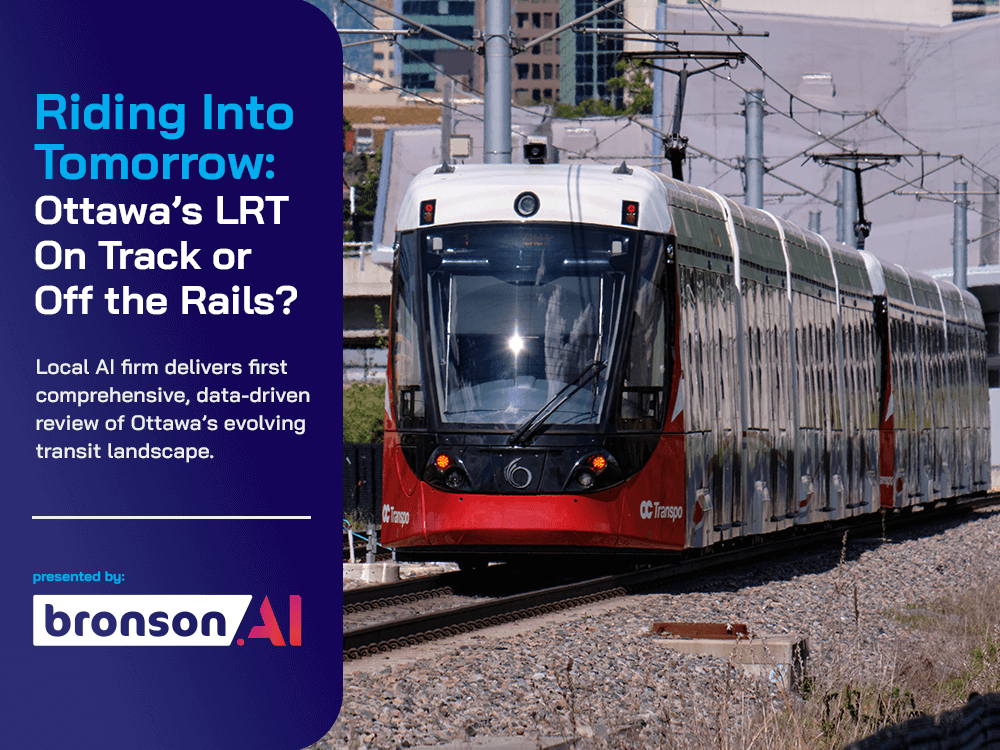
Beer & Analytics: Ottawa 2025 – Transit, Transformation, and the Future of Data
In a city where transit debates rival hockey for passionate conversation, data is about to take center stage. On September 10th, Ottawa becomes the stage for Beer & Analytics – a gathering where technologists, policy leaders, and data practitioners come together to share insights and to raise a glass to the ever–growing role of analytics in shaping our cities, our companies, and even our daily commutes.
The spotlight this year shines brightly on Ottawa’s light rail transit (LRT) Phase 2 expansion, a multi–billion–dollar infrastructure project promising to transform how Canada’s capital moves. But as the numbers roll in, the story is less about sleek trains and more about a city grappling with uneven progress – winners and losers in a daily race between car and rail.
And thanks to Bronson.AI, who will headline the evening, we finally have a comprehensive data–driven look at what transit innovation really means in the nation’s capital.
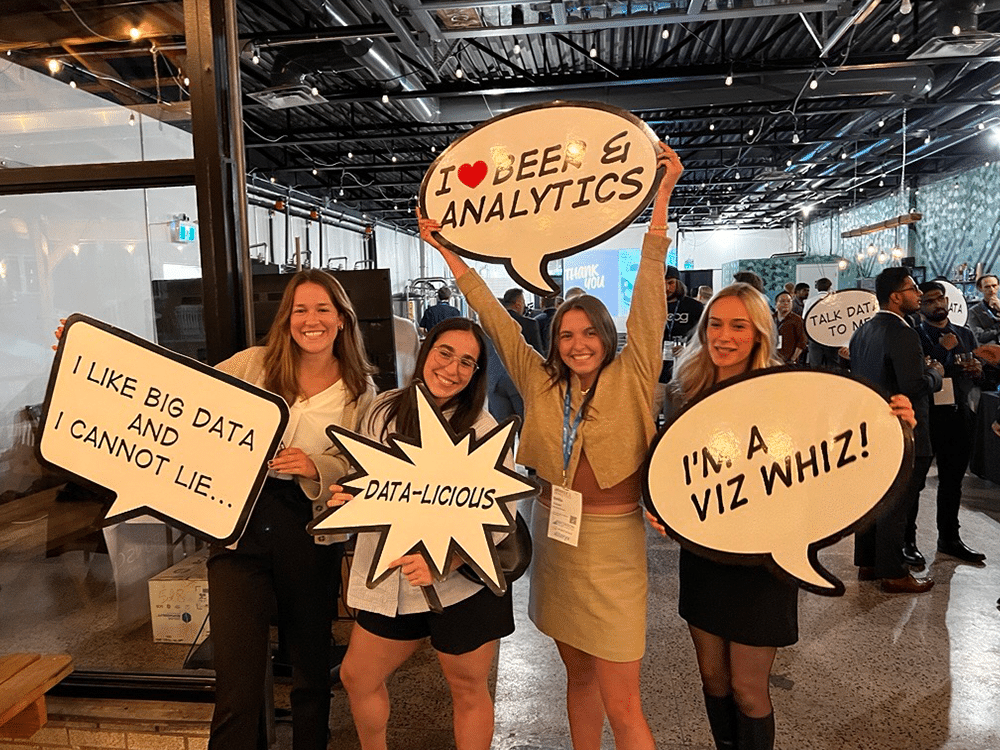
All Aboard or Left Behind? Ottawa Transit in the LRT Era
Six years after Phase 1 launched, and with Phase 2 nearing full integration, we can now measure results with precision: over 3,500 tested commuter routes, comparisons between 2019 baselines and 2025 realities, and a coverage map stretching across 24 municipal wards, around 100 neighborhoods and 1.1 million residents.
The findings are remarkable – and controversial. Follow this link to find out more and get your tickets for the event.
Data, Beer, and Conversations that Matter
Bronson.AI has chosen Ottawa’s LRT as this year’s highlighted case study as it impacts not just the users of the system, but how livable Ottawa is for every resident. It’s not about transit per se – it’s about how data reveals contradictions, nuances, and insights that leaders must face if we’re serious about building better systems.
Bronson.AI’s presentation isn’t just a deep dive into numbers. It’s also a reflection of how Ottawa’s experience offers lessons for any organization undergoing transformation. In data, as in transit, success depends on design, execution, and the courage to measure results honestly – even when they disappoint.
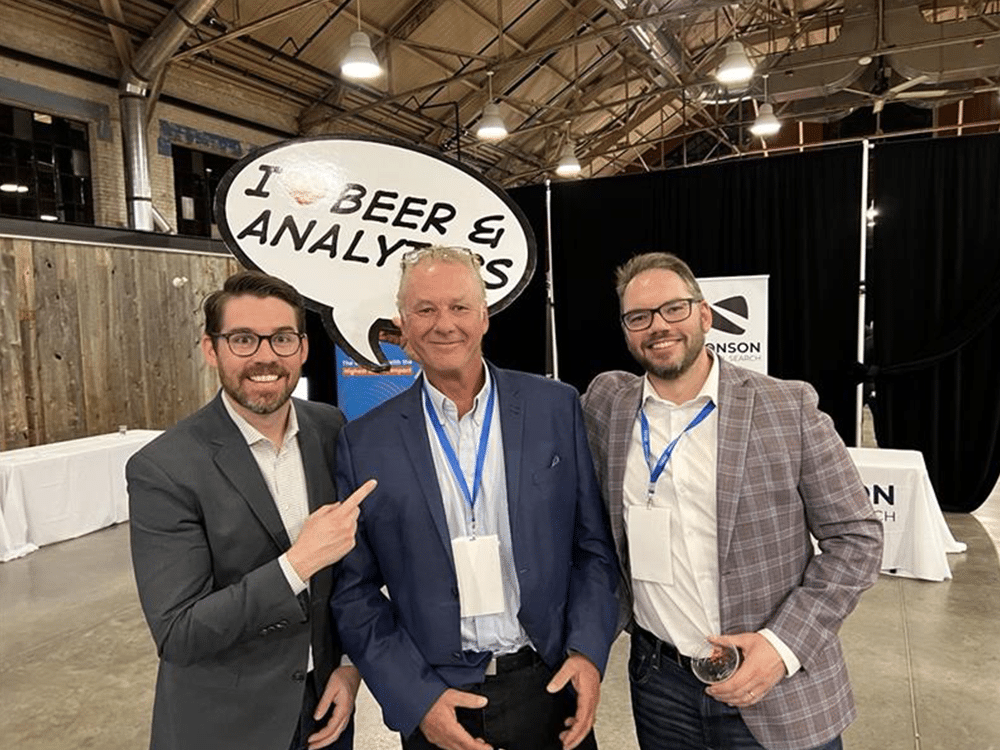
Beyond Transit: Future–Proofing and Workforce Wellbeing
And while the city’s LRT story dominates the headlines, Beer & Analytics wouldn’t live up to its name without a spectrum of forward–looking voices (along with the Beer from our very own Beyond the Pale).
- Denodo will address the critical question on every CIO and CTO’s mind: how do you future–proof data platforms for AI – or whatever technology wave emerges next? Their vision promises practical strategies for architecture resilience in the face of disruption.
- Eazy Benefits will explore a theme closer to the human side of data: how advanced analytics and AI are reshaping employee wellbeing. In a workplace era defined by attrition, hybrid pressures, and evolving expectations, insights into workforce health may prove the ultimate strategic advantage.
- Presentations from Snowflake and Palantir will round out the night, offering practitioners a glimpse behind the curtains of the platforms fueling some of the most ambitious analytics projects worldwide.
What unites the evening is simple: all these talks orbit around one gravitational truth – data is no longer a byproduct of decisions; it is the environment in which decisions are made.
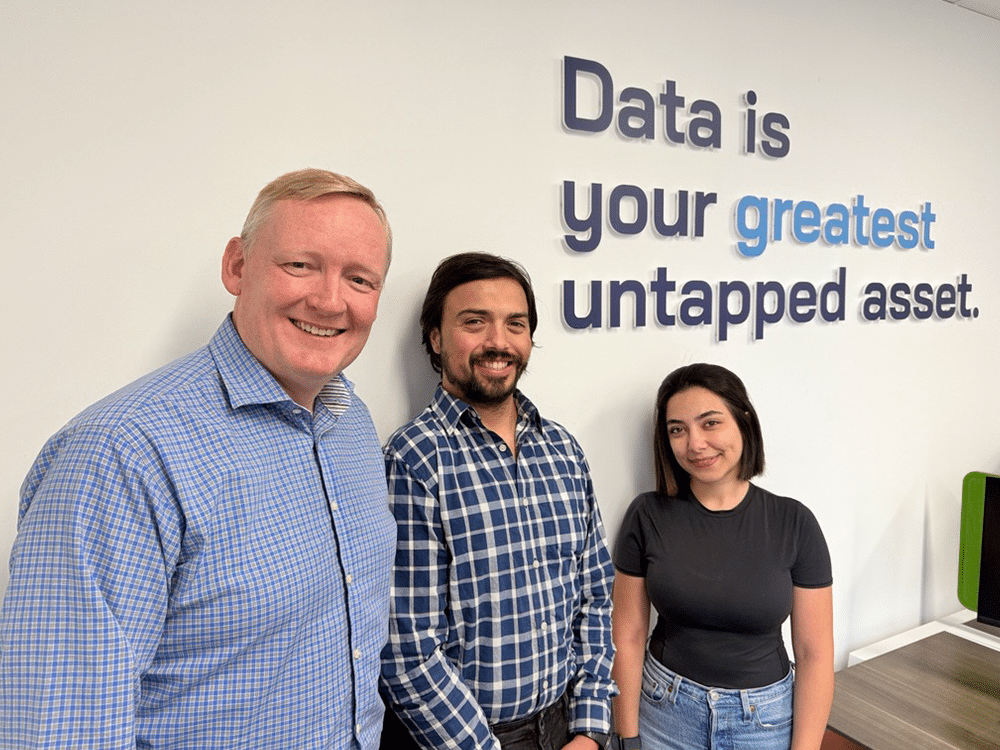
Thirty–Five Years at the Forefront of Data Innovation
Ottawa–based Bronson.AI has been quietly championing this democratization of data for more than 35 years. Unlike sprawling multinational consultancies that thrive by creating dependency it’s President, Martin McGarry says Bronson’s philosophy is refreshingly different: empower the client, not entrench the consultant. The firm leans into its role as teacher and partner, making analytics approachable and sustainable, and ensuring that businesses are left stronger and smarter than before.
McGarry says he left Big Consulting because he “didn’t like the large consulting approach to maximizing revenue from clients.” Bronson does things differently. “Our approach is to help clients help themselves, rather than trying to embed in the fabric of the organization.” They deliver consulting and analytics projects of all sizes, and they bring their clients closely along for the entire journey.
That philosophy resonates in sectors as varied as construction, healthcare, professional services firms, and government. After all, every organization – whether it’s counting stock, tracking sales, or managing patient records – produces data. The real challenge lies in unlocking its worth. Bronson insists those insights should not be reserved for only the privileged few at the top of the corporate ladder, but available to every business leader, manager, and decision–maker.
The company is doubling down on this mission by appointing Glendon Hass, a seasoned professional of IBM, as its new Director of Data, AI and Automation. His arrival signals both ambition and credibility. Hass brings a depth of experience in GenAI and Automation that will help the company accelerate the design and deployment of AI–driven solutions, while guiding clients through practical adoption at scale.
“GenAI is a powerful tool, but tools don’t drive change: people do. Our mission is to put understandable data and practical AI into everyone’s hands so teams can make confident decisions and see immediate results.”
Glendon Hass, Director of Data, AI and Automation
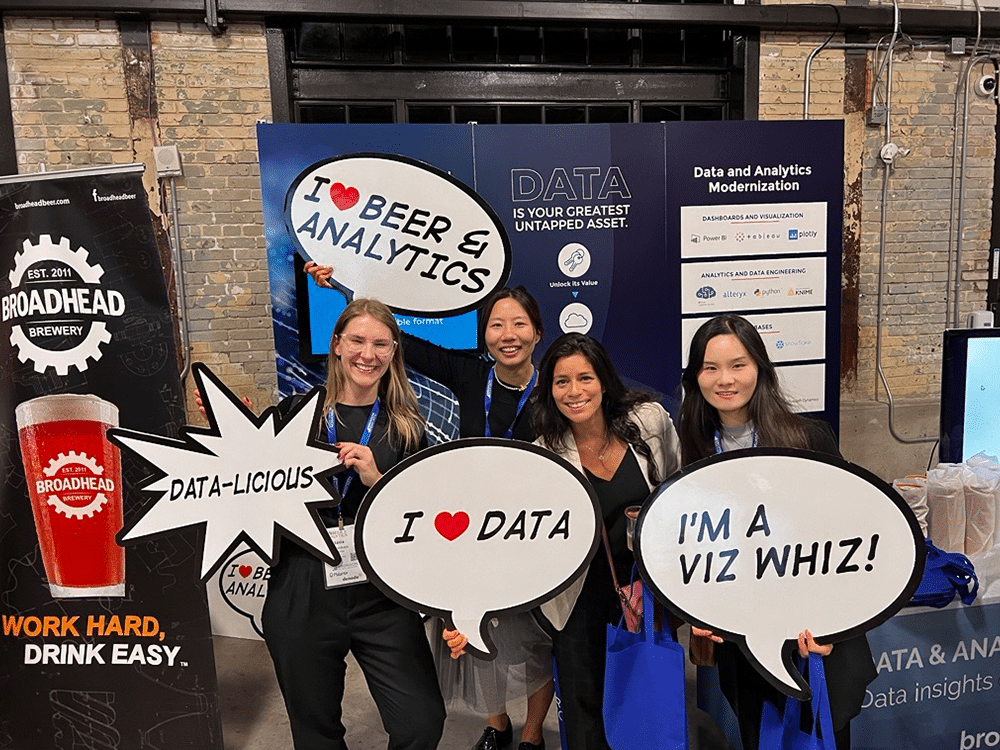
Bronson’s community–minded approach also extends beyond consulting. This Beer & Analytics event has become a fixture in Ottawa’s networking calendar, embodying the belief that learning is best done face–to–face, pint in hand, and among peers. Even during the pandemic’s challenges, Bronson refused to abandon that spirit, instead carefully orchestrating cautious but convivial gatherings at a time when human connection felt in short supply.
The lesson in Bronson’s story is simple but powerful: data should not intimidate, nor should it be the private preserve of massive corporations. In the hands of smaller businesses, in the service of stronger communities, and under the guidance of principled players like Bronson.AI, it can be transformative.
If Ottawa has long been known as a government town, companies like Bronson make the case that it is also a place where technology and human ingenuity can quietly but meaningfully shape how we all work.
